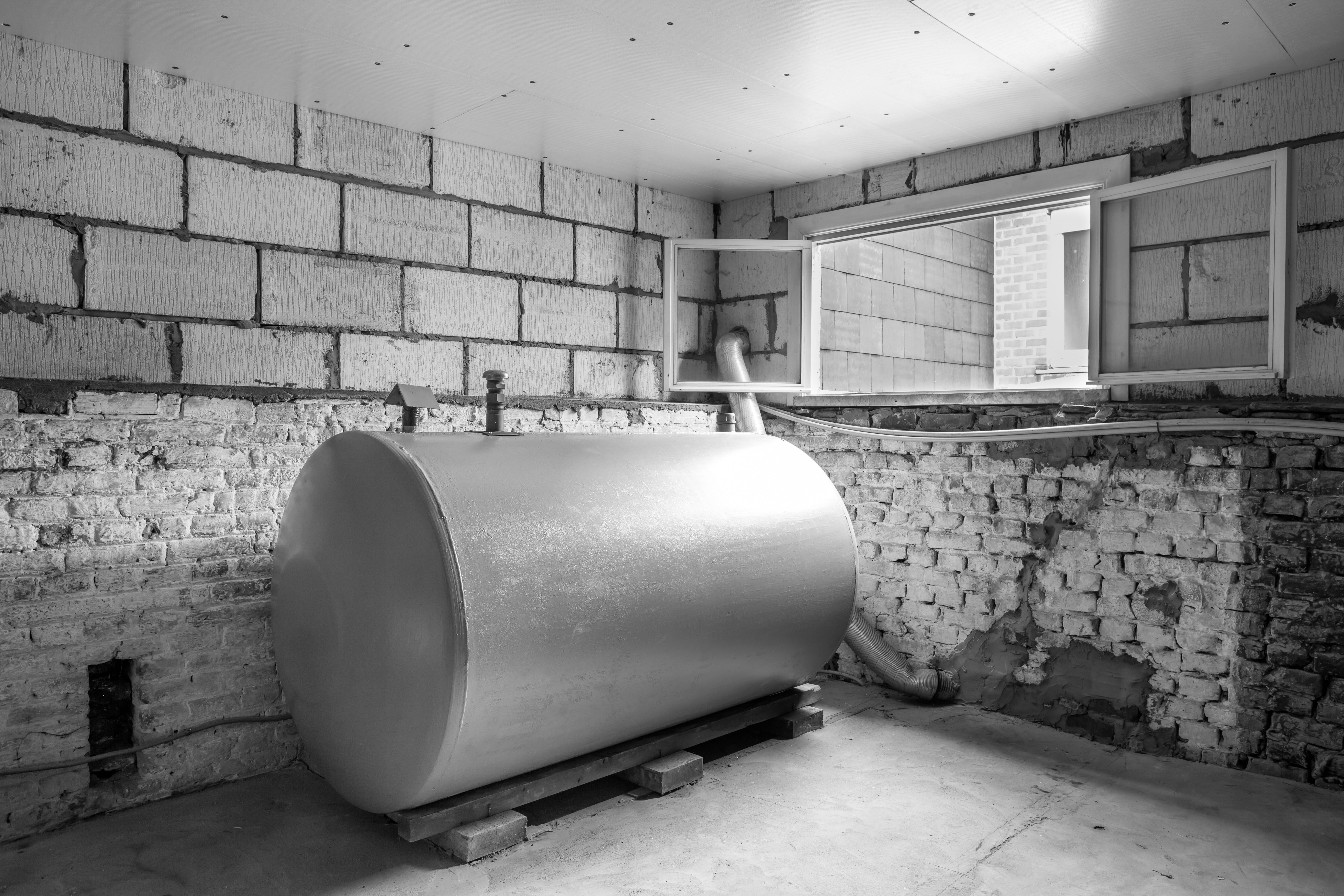The majority of homeowners do not think about the condition of their oil tanks. However, these tanks can be crucial in ensuring safety and comfort in the home. The replacement of oil tanks is a significant investment which should be considered a top priority for homeowners since it directly impacts the environmental and infrastructure of the home.
Oil tanks for residential use are the unnoticed workhorses of any home, providing an unquestionable source of fuel to heat and hot water systems. Over time, corrosion can cause leaks, and other hazards to the environment. It is crucial for homeowners to evaluate the state of their tanks and prioritize replacement as needed. Proactive oil tank replacement is not only a matter of money; it is a crucial measure to avoid environmental pollution as well as protect your home and ensure that there is a consistent supply of heating oil.

Costs are a crucial factor to think about
The financial cost of replacing oil tanks is a major consideration for homeowners. The price for an oil tank replacement could vary based on factors like the size of the tank its placement and whether there are any environmental requirements. In order to budget your expenses it is vital to establish accurate estimates. The initial investment is substantial but it’s vital to maintaining the security and performance.
Factors Influencing Replacement Costs
Various factors influence the cost to replace oil tank. Each of these variables influence the cost, including the size and kind of installation and the accessibility of the site. Owners of homes should be aware the costs of materials and labor, along with any potential modifications that are required. An understanding of these factors will allow homeowners to make educated choices regarding the cost of replacement.
Prioritizing Environmental and Safety Considerations
Tanks of oil are replaced with environmental and safety considerations in the back of our minds. Tanks that are old and damaged can leak and create danger of contamination of groundwater and soil. Removing damaged tanks reduces environmental hazards and helps protect the surrounding ecosystem. A stringent set of safety standards is observed during the installation of new tanks in order to avoid accidents. This ensures the household’s security is maintained.
Selecting a Reliable Service Provider
It is important to select an organization that has a good reputation for replacement of oil tanks. This will guarantee an efficient and safe process. Experienced professionals who are proficient in the installation and removal of oil tanks are required by homeowners. It is best to choose the service provider who has extensive experience in oil tank removal and replacement. They should also be committed to the environment, safety commitment, and a high degree of professionalism. Professionals who have integrity and professionalism assure that your replacement needs will be met.
The long-term costs are weighed against the benefits
While the cost of oil tank replacement may initially appear high The long-term benefits are worth it. The replacement of old tanks can help homeowners avoid expensive repairs to the environment and property damage resulting from leaks. Tanks that are new offer greater efficiency and security. They provide peace of mind and a reliable source of heating fuel. The end result is that replacing the oil tank is a proactive step which protects your home, promotes the environment and provides longevity of comfort and security.
A replacement for an oil tank not just an investment in financial terms, but also a step homeowners should take to make sure that their safety, function and the sustainability and environmental integrity of their home. The homeowners can make informed decisions through assessing the significance of replacing the tank, considering the associated expenses and prioritizing safety as well as environmental concerns. Through proactive maintenance and sensible replacement, homeowners can protect their home, thereby contributing to a safe and sustainable living environment.
